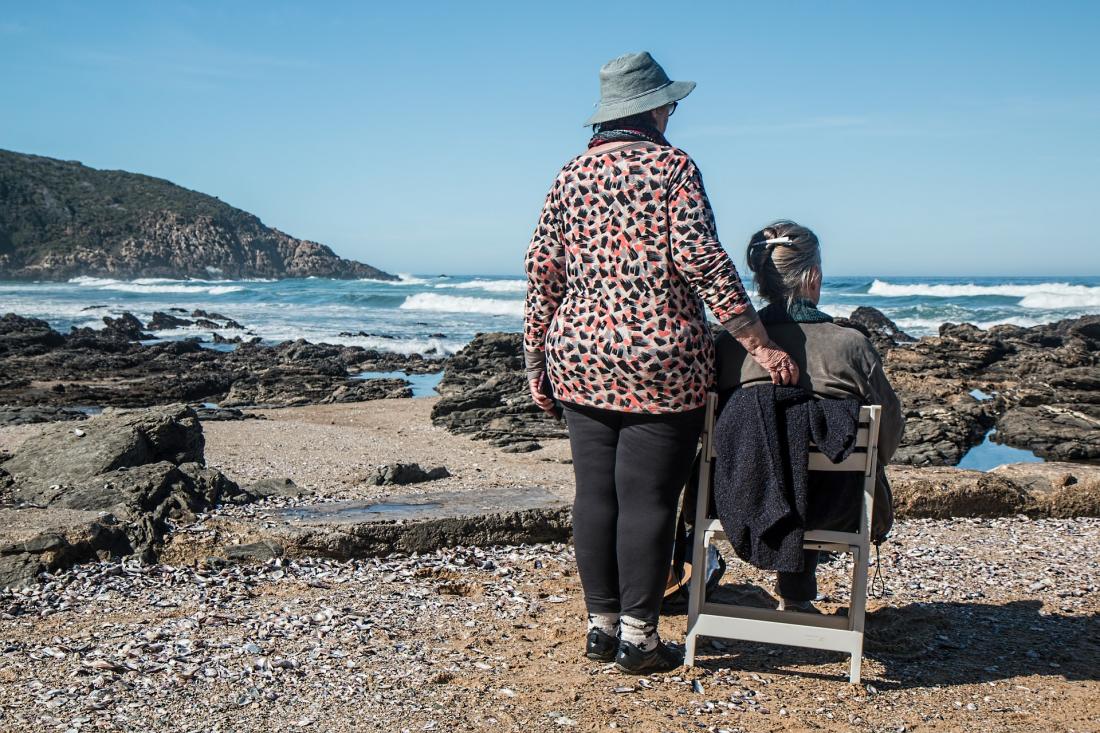The TEC-MED project benefits are for the elderly and for their caregivers

The TEC-MED Program concerns the "Development of an intercultural, socio-ethical model of care for the dependent population in the Mediterranean basin" and is aimed at older people 65+ who are dependent or at increased risk of social exclusion. At the same time, it strengthens and provides support to formal and informal caregivers through the use of its tools.
- A total number of 28.200 citizens (4.700 in each country) mainly the elderly target of the TEC-MED social-care model, will be involved in the pilot phase. A tentative target is to have the population (older adults) from institutions and from homes (older adults and caregivers), but this will need to be adapted according to the countries’ own situation.
- Through the use of an online platform, rich empowerment material is provided such as free online training for the mental empowerment of the elderly, free training for the development of caregivers' skills, remote interface for carers, the elderly, and health and social care professionals, and personalized care scripts. A unique vision is the upgrading of daily activities and social benefits in this sensitive age group as well as the encouragement and promotion of synergies.
- Each Training Agent is expected to do an initial assessment and intervention followed by 2 follow-ups every 3 months. In addition, each Training Agent will be expected to do training of trainers and train future training agents on the proper use of the platform and TEC-MED model.
Free benefits for the final beneficiaries (Elderly and caregivers)
- Referral to social services health centers and useful websites
- Support through personal interventions (individually)
- Personal interviews with remote intervention specialists
- Psychosocial support
- Group interventions
- Laboratories
- Promotional guides for various areas of health
- Educational material courses psychometric tests and memory exercises
- Use of identifiable questionnaires regarding your needs
- Training of the Stakeholders from interdisciplinary team
- Self-care management
- Health promotion
- Health literacy
- Health empowerment
- Care and support for the caregivers
- Improvement the family health status







